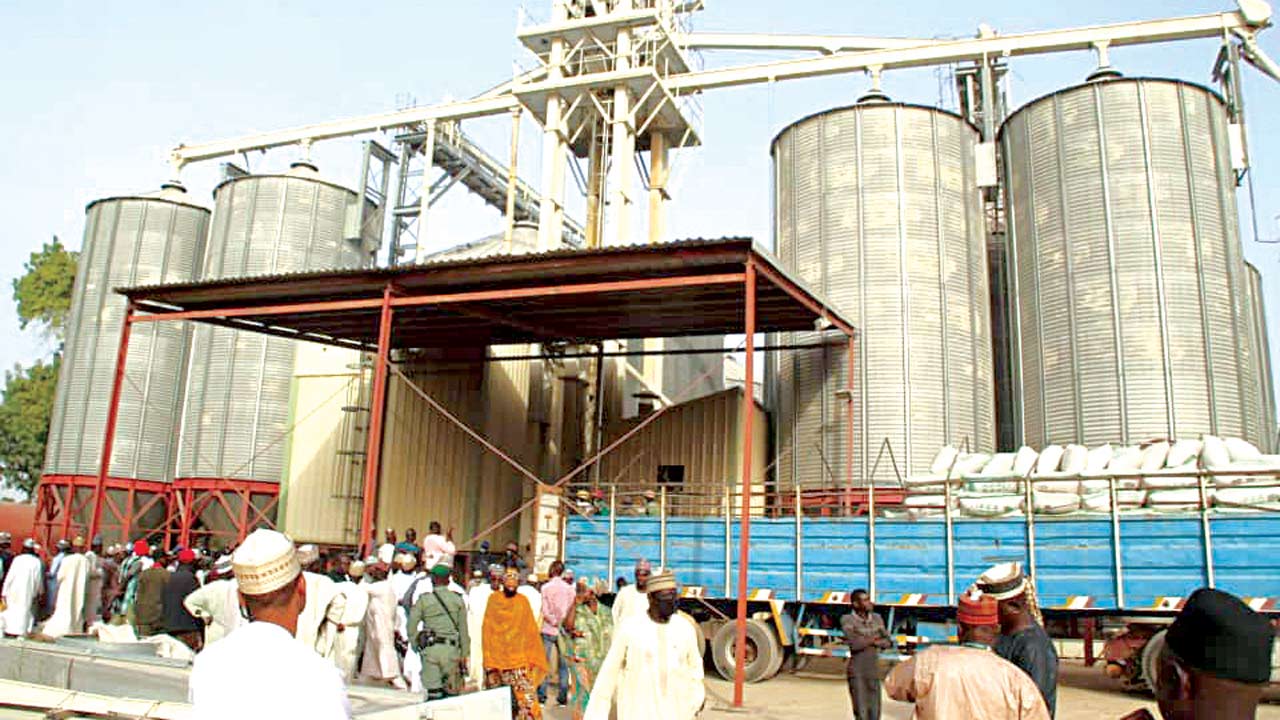Abia State joined the rest of the world to commemorate World Food Day, as it urged leaders to take decisive action to combat hunger and food insecurity.
The event, was which was held at the International Conference Center (ICC) in Umuahia, capital of Abia State, brought together stakeholders from across the agricultural sector. It also features an exhibition of farm produce to reflect on this year’s theme, “Right to Food, For a Better Life and a Better Future.”
In his keynote address, the state Commissioner for Agriculture, Dr. Cliff Agbaeze, emphasised the urgency of tackling food insecurity, which remains a major global challenge. He referenced the 2023 Global Report on Food Crisis (GRFC), which found that 282 million people in 59 countries faced acute food insecurity, with Nigeria among the most severely affected.
“UNICEF has reported that 25 million Nigerians are at high risk of food insecurity, driven by conflict, climate change, and economic shocks,” Dr. Agbaeze stated.
He was particularly sympathetic to the plight of smallholder farmers, who though very strategic to solving the food crisis, are faced with the menace of insecurity. Dr. Agbaeze stressed that these farmers contribute up to 80% of Nigeria’s agricultural output.
“Smallholder farmers in Abia State and Nigeria as a whole are the unsung heroes of the country’s food production,” he said. However, he noted that insecurity is not the only challenge they face. He identified problems like limited access to credit, insufficient market linkages, and vulnerability to climate shocks. This myriad of challenges, according to him, hinder their ability to meet the country’s food needs.
As part of efforts to address these issues, Dr. Agbaeze announced that the administration of Governor Alex Chioma Otti had implemented targeted interventions to support smallholder farmers. Among the initiatives was the disbursement of funds ranging from 1 to 3 million Naira to 298 farmers trained in value chain techniques.
“This initiative aligns with the Governor’s vision to position Abia State as a leader in agricultural production,” Dr. Agbaeze remarked, adding that the state is building on the agricultural legacy of Dr. M.I. Okpara, the former Premier of Eastern Nigeria.
The farmers took advantage of the World Food Day event to restate the call for support from the government, so they can deliver on the mandate to feed the nation.
For instance, Mrs. Adaku Enyinnaya Peter, a cocoa farmer from Ikwuano, spoke about the benefits of cocoa farming but emphasised the financial constraints hindering its production.
She said, “In cocoa production, we have so many benefits, but the financial challenges are much. We need chemicals, herbicides, and financial assistance to improve production. If we have enough support, we can bridge the gap of hunger in Abia State and even export outside Nigeria.”
Reverend Ikwunze Obioma Israel, another farmer, corroborated her. In his case, he highlighted the rising costs of farm labor and the lack of government support. “How can we eat right when there is no food, and the cost of producing food is extremely high? Hiring laborers now costs up to N4,500, but we are not getting any help from the government. We need fertilisers, seedlings, and real financial support,” he urged.
Speaking on the loans given by the government to farmers, he said, “Loans don’t get to the farmers. We have an association that represents the farmers. If actually they want to get to the genuine farmers, they should contact this people through the Ministry of Agriculture not giving their political supporters money saying its farmers. No, they are not farmers”.
Christopher Okechukwu, from the Agricultural Development Program(ADP), raised concerns about the lack of food storage facilities in the state. “If there is crisis like flooding, and people cannot access food, we are in trouble. We need proper food storage, and it’s not rocket science. Local fabricators in Aba can do it, but there has to be financial backing. The government needs to release funds to the people, even as loans,” he explained.
Concluding the event, Dr. Agbaeze called for collective action from policymakers, stakeholders, and individuals to ensure that food becomes a fundamental right.
“Today’s gathering serves as a call to action, urging us all to collaborate towards a future where food security is guaranteed, and sustainable development is a reality,” he said, echoing the day’s theme.
World Food Day is observed annually on October 16 to raise awareness and inspire action against hunger, with this year’s event highlighting the ongoing need for sustainable food systems in Abia and beyond.












